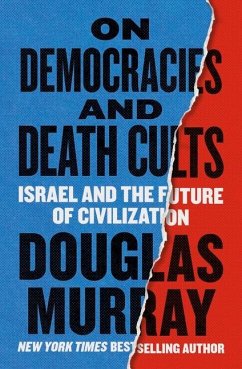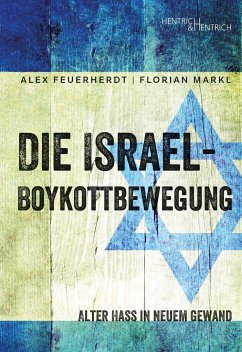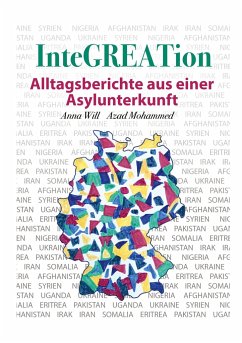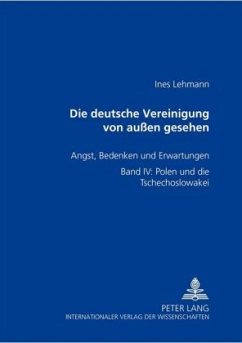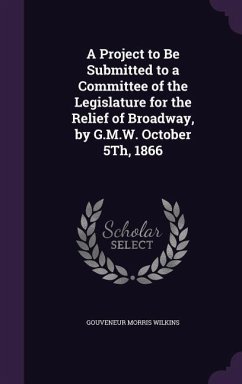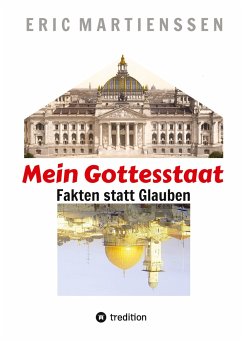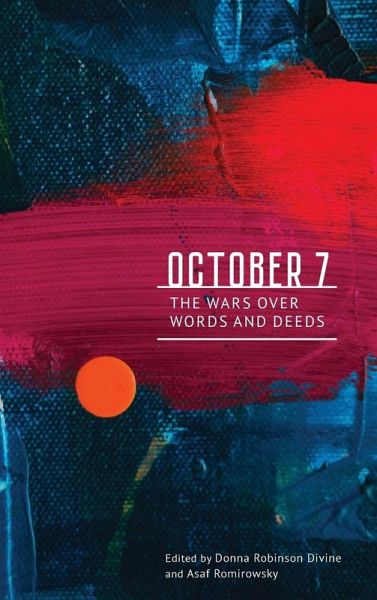
October 7
The Wars Over Words and Deeds
Herausgeber: Romirowsky, Asaf; Divine, Donna Robinson
Versandkostenfrei!
Versandfertig in über 4 Wochen
49,99 €
inkl. MwSt.

PAYBACK Punkte
25 °P sammeln!
October 7: The Wars Over Words and Deeds is a collection of essays by scholars that seeks to analyze how words and imagery used to categorize the violence and savagery of the October 7th assaults by Hamas have been used to reframe the historical narrative of this century-long conflict into an avalanche of antisemitism and cultural toxicity that has attempted to reshape American society, impacting politics, media, and academia. Edited by Jewish studies scholar and Middle East political scientist Donna Robinson Divine, and Asaf Romirowsky, historian and the executive director of both the Scholar...
October 7: The Wars Over Words and Deeds is a collection of essays by scholars that seeks to analyze how words and imagery used to categorize the violence and savagery of the October 7th assaults by Hamas have been used to reframe the historical narrative of this century-long conflict into an avalanche of antisemitism and cultural toxicity that has attempted to reshape American society, impacting politics, media, and academia. Edited by Jewish studies scholar and Middle East political scientist Donna Robinson Divine, and Asaf Romirowsky, historian and the executive director of both the Scholars for Peace in the Middle East (SPME) and the Association for the Study of the Middle East and Africa (ASMEA), the essays collected in October 7: The Wars Over Words and Deeds offer a mixture of data-driven analysis with a careful account of narratives and ideology to measure how much of a footprint October 7 leaves on war and peace in the world going forward. October 7: The Wars Over Words and Deeds exposes how Hamas savagery cast a destructive shadow not only over the men, women, and children caught on the battlefields of Gaza but also over the educators and journalists expected to explain why this atrocity occurred. Despite its brutality, Hamas won substantial support on campuses, in the media, and from an array of progressive movements. This terrorist organization's attacks, astonishing in their ambition, can only be fully understood by examining not only what has happened to Israel, Gaza, and to the Middle East but also to a world forced to respond to domestic protests echoing and supporting Hamas' savagery. This distinctive volume illustrates the importance of engaging these complex issues with the rigors of scholarly tools. Only with these skills can the deeper story of October 7 be fully told. An essay from an undergraduate in the volume clarifies not only the importance of teaching students how to think about the Israeli-Palestinian Conflict, not what to think about it, but also that it can be done. The book shows that unless the nightmare that began on this fateful day is thoroughly understood, we will all be condemned to repeating and reliving it.



